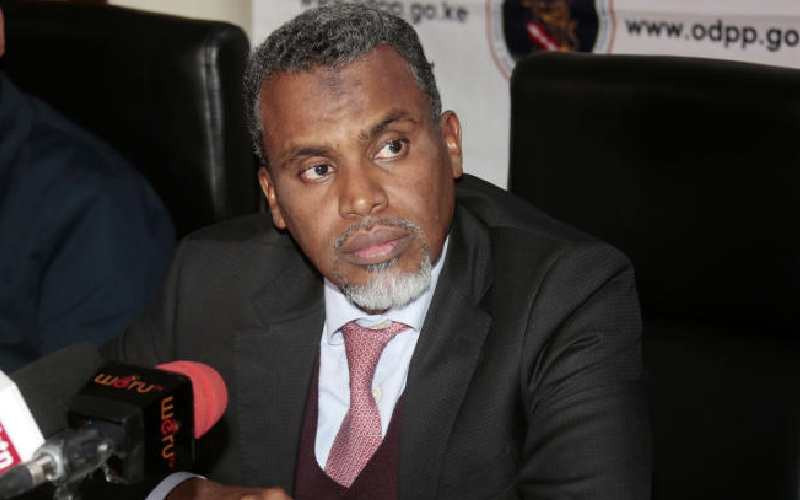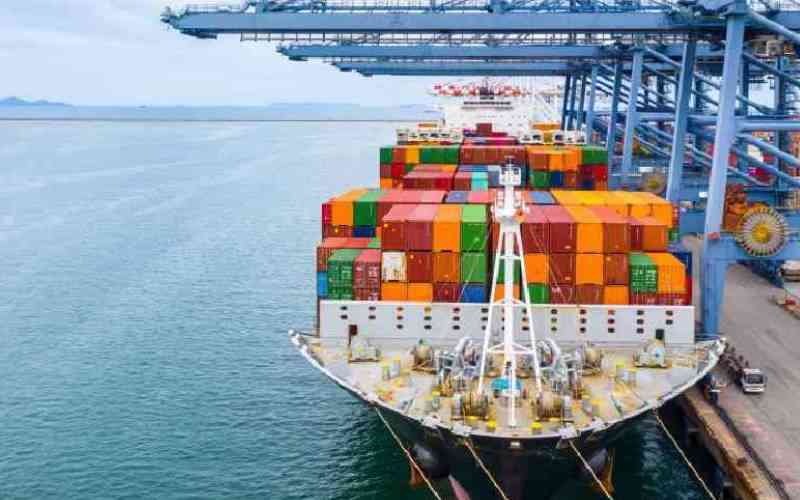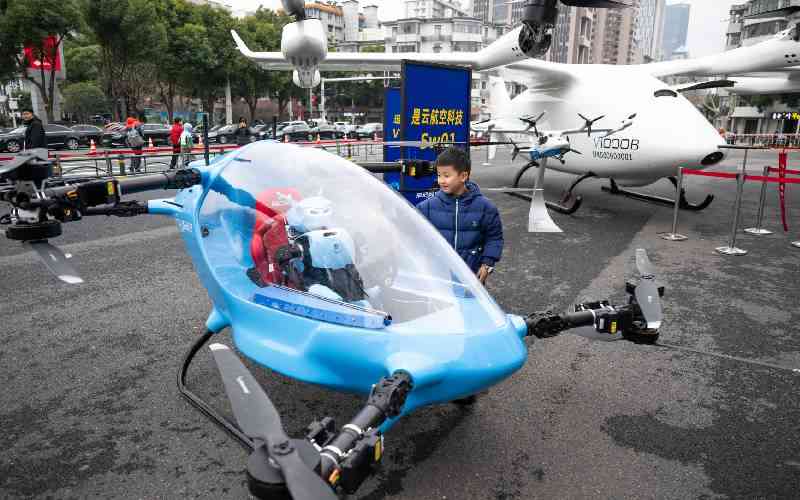×
The Standard e-Paper
Stay Informed, Even Offline

Director of Public Prosecutions (DPP) Noordin Haji during the launch of ODPP Election Call Centre at the ODPP House in Nairobi on August 2022. [Boniface Okendo, Standard]
Upon realising the cancer that corruption is to the economy, drafters of the Constitution put in place mechanisms to ensure the fight was fought and won. Among the mechanisms was Chapter Six of the Constitution on integrity.







